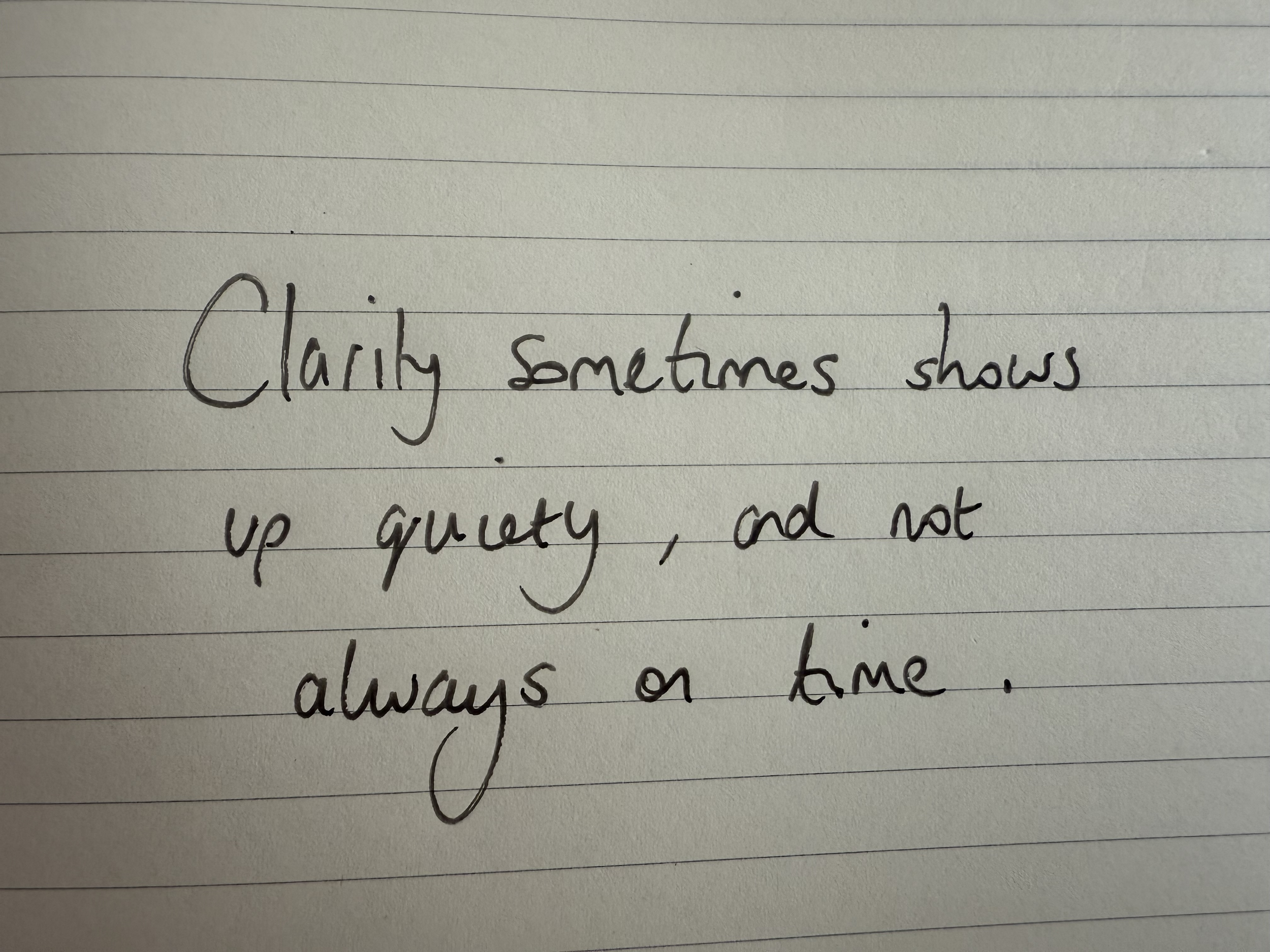Why Do High Performers Need Therapy Anyway?
People often say they wish they’d started therapy sooner. But for many high achievers, the decision to begin doesn’t come easily - or early. It rarely arrives during calm reflection, or after a single, defining event. It comes more like a slow leak: something feels off, but not enough to stop. Life still works. Deadlines are still met. From the outside, everything looks efficient, functional - even enviable.
That’s the thing about high-functioning people. They’re very good at carrying on. Good at fixing. Good at coping in ways that don’t look like coping. They find strategies, solve problems, read the book, go for the run, do the journaling, optimise their morning routine. If something’s wrong, they manage it.
Until, quietly, they can’t.
For many high achievers, the signal that therapy might be needed isn’t crisis - it’s dissonance. A quiet sense of tiredness that doesn’t shift. A feeling that life is full but not rich. That they’re doing everything “right” and still feeling a little disconnected - from themselves, from meaning, from ease. Sometimes it’s a change they can’t quite adapt to. Sometimes it’s nothing external at all - just the sense that their inner world is asking to be heard.
And yet even then, the idea of therapy can feel indulgent. Dramatic. Unjustifiable. Because the world rewards resilience and productivity - not emotional pause. Not reflection for its own sake. So they wait. They manage. They keep going.
Until, eventually, something tips.
The decision to begin therapy doesn’t often arrive in clarity. It arrives in a question. A moment of stillness they didn’t plan for. A reaction that surprises them. A conversation they can’t shake. The desire for change builds quietly - and then, suddenly, it’s there.
That’s when therapy begins. Not when everything is understood, but when something unspoken needs space. Not when the problem is obvious, but when the coping stops working. Not because they’ve failed - but because they’ve finally stopped running on success alone.
Clarity, in these moments, rarely comes in advance. It arrives partway through. It catches up. And when it does, it often says something like: You’ve been managing so well. But you don’t have to do it all alone anymore.
That is not failure. That is not weakness.
That is the beginning of a different kind of strength.

